The Australian Securities & Investments Commission (ASIC) is the regulatory authority that oversees the financial activities of forex brokers, banks, and insurance companies in Australia. Thanks to its high standards of regulation and enforcement, ASIC is widely regarded as a Tier-1 regulator and one of the most trusted authorities in the industry. Unlike other major regulators like the FCA (UK) or ESMA (EU), ASIC does not provide a guaranteed investor compensation fund or mandatory negative balance protection. However, its strict oversight makes ASIC-regulated brokers some of the most reliable in the market.
Explore our list of the top 10 ASIC-regulated forex brokers below.
Trusted Forex Brokers: History of ASIC
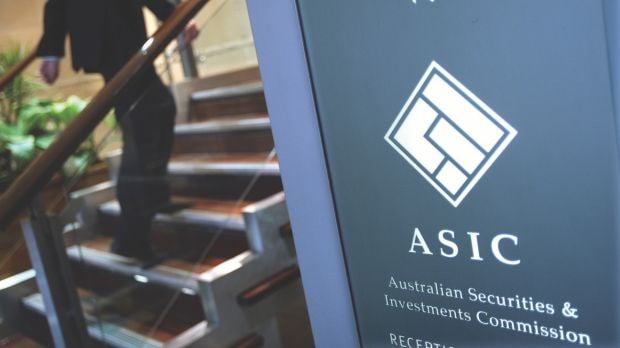 In 1991 when ASIC was first formed, it came into force under the then ASC Act, and it was only known as the Australian Securities Commission. Later in 1998 however, when the act was amended it was given the mandate to protect customers, creditors, and investors at the federal level. The reason why ASC was formed was so that it could merge corporate regulators in Australia and double up as both the National Companies and Securities Commission and the Corporate Affairs offices of the states and territories. The Australian Securities & Investments Commission (ASIC) ASIC that we speak of today, was inaugurated on July 1st, 1998 after the Wallis Inquiry was conducted. After that, ASIC was responsible for the protection of consumers in superannuation, insurance, and deposit-taking. More recently, the commission has gotten bigger fish to fry for instance credit in the year 2002, In 2009 it took charge of the Stock Exchange in the country. Despite being inaugurated in the 90s, the commission’s presence in the Stock Exchange only came to be felt as recently as 2009. ASIC keeps all records and inventory of businesses with Australian Financial Services Licencing.
In 1991 when ASIC was first formed, it came into force under the then ASC Act, and it was only known as the Australian Securities Commission. Later in 1998 however, when the act was amended it was given the mandate to protect customers, creditors, and investors at the federal level. The reason why ASC was formed was so that it could merge corporate regulators in Australia and double up as both the National Companies and Securities Commission and the Corporate Affairs offices of the states and territories. The Australian Securities & Investments Commission (ASIC) ASIC that we speak of today, was inaugurated on July 1st, 1998 after the Wallis Inquiry was conducted. After that, ASIC was responsible for the protection of consumers in superannuation, insurance, and deposit-taking. More recently, the commission has gotten bigger fish to fry for instance credit in the year 2002, In 2009 it took charge of the Stock Exchange in the country. Despite being inaugurated in the 90s, the commission’s presence in the Stock Exchange only came to be felt as recently as 2009. ASIC keeps all records and inventory of businesses with Australian Financial Services Licencing.
Reasons Why Brokers Choose ASIC Regulation
Very many top brokering firms are accredited by ASIC as their licensing agency. There exist several explanations for this preference. The Australian Forex market has immense potential for prospective traders and investors and ASIC has a good record at protecting their investment. It is a prerequisite for all companies who want to profit in the mouth-watering Australian Markets to be under the regulation of ASIC. Also, the other major reason could be because ASIC has somewhat less stringent laws and regulations as compared to other financial market regulators in the world such as CFTC, FCA, and NFA. Besides, ASIC also does not have many restrictions on traders which gives them much space to go on trade in the way that suits them best.
The Relationship Between the Regulator and the Trader
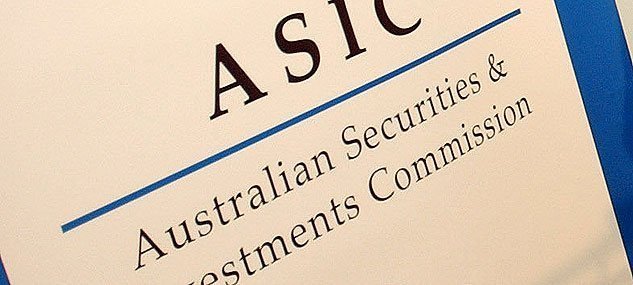 The ASIC is known for its reputation as a customer-friendly company that is keen on ensuring the best services for all its clients. ASIC tries to gain the trust of consumers, especially among brokers. ASIC is constantly working on creating awareness of the consumers especially individual investors by safeguarding them from the volatile markets. The ASIC is among the few financial regulators worldwide that ensure that its customers are educated in the sphere of finance investment and how to deal in the forex markets. The commission offers advice and online resources, for example, a free financial guidance portal known as the MoneySmart program that informs and keeps investors up to speed with the different ways they can maximize profits. Besides, the commission also offers other services like assistance in reclaiming money lost in inactive accounts, unclaimed insurance funds, or annuities. Safeguarding traders from going insolvent, and scammers, and getting them acquainted with the mode of operations they need to be aware of before proceeding to trade.
The ASIC is keen on making sure that only licensed brokers can operate in their jurisdiction so that if money is lost to insolvent brokers, the commission helps the individual investors to get back their funds and to avoid such occurrences.
The Commission’s policy does not, has a policy that doesn’t tolerate grievances concerning the relations between brokers and their clients, although it acts against both for non-compliance to its rules and regulations. Consequently, if there is any problem, it is advisable that the aggrieved party first contacts the brokering firm about the problem so that the broker can sort it out before forwarding any complaint to ASIC.
This is according to EU laws, which state that if the client fails to resolve the issue with the broker, they can get in touch with a Financial Ombudsman or resort to the alternative.
The ASIC is known for its reputation as a customer-friendly company that is keen on ensuring the best services for all its clients. ASIC tries to gain the trust of consumers, especially among brokers. ASIC is constantly working on creating awareness of the consumers especially individual investors by safeguarding them from the volatile markets. The ASIC is among the few financial regulators worldwide that ensure that its customers are educated in the sphere of finance investment and how to deal in the forex markets. The commission offers advice and online resources, for example, a free financial guidance portal known as the MoneySmart program that informs and keeps investors up to speed with the different ways they can maximize profits. Besides, the commission also offers other services like assistance in reclaiming money lost in inactive accounts, unclaimed insurance funds, or annuities. Safeguarding traders from going insolvent, and scammers, and getting them acquainted with the mode of operations they need to be aware of before proceeding to trade.
The ASIC is keen on making sure that only licensed brokers can operate in their jurisdiction so that if money is lost to insolvent brokers, the commission helps the individual investors to get back their funds and to avoid such occurrences.
The Commission’s policy does not, has a policy that doesn’t tolerate grievances concerning the relations between brokers and their clients, although it acts against both for non-compliance to its rules and regulations. Consequently, if there is any problem, it is advisable that the aggrieved party first contacts the brokering firm about the problem so that the broker can sort it out before forwarding any complaint to ASIC.
This is according to EU laws, which state that if the client fails to resolve the issue with the broker, they can get in touch with a Financial Ombudsman or resort to the alternative.
The Responsibilities of ASIC
- The Commission is in charge of all firms engaged in stock and forex markets, investment, insurance companies, and credit companies in the country.
- ASIC makes sure that all brokers have licenses issued according to the law.
- ASIC makes sure that the forex business is run fairly and transparent and recommendations to the minister on which business to authorize.
- Because it is the financial regulator, ASIC ensures that there is fairness, efficiency, and transparency in financial transactions to safeguard customers and individual investors.
- The commission has a thoroughly detailed handbook consisting of regulations that are intended to ensure that brokers under it do not engage in fraudulent activities.
- The agency also fervently monitors all brokers it oversees from time to time and it doesn’t hesitate to probe companies for allegations of deviating from the strict rules.
- ASIC brokers follow a uniform set of directives, by creating a centralized regulatory structure that provides guidance and recommendations for all the brokers.
- ASIC operates in line with global standards of forex brokering regulations. ASIC-regulated Forex brokers must at any point hold a bare minimum of $1 million in operating capital. Australian Forex brokers are supposed to work with tier-1 banks so that their clients’ monies are kept in separate accounts which cannot be used by the broker for their business engagements.
- The regulator also has in place an investor compensation scheme that ensures their client’s funds are protected in case any broker goes into insolvency.
In the year 2009, ASIC radically changed its approach to financial markets. They started amending the modus operandi used by forex brokers and companies operating in the Australian Stock Market. ASIC adopted fresh regulatory guidelines to guarantee strict adherence to the tight regulations required by global standards by corporations involved in financial markets. ASIC is among the highly reputable agencies in international trade as per its track record of protecting and securing the interests of investors.
Form 2010 ASIC’s mandate was extended to include the oversight of the futures market, derivatives, and domestic licensed equity.
Rules that govern ASIC Regulated brokers
ASIC requires that all forex brokers that desire to operate in their jurisdiction hold a valid license issued by the Australian Financial Services (AFSL), this brings them directly under the jurisdiction of the regulator. ASIC ensures that all laws in the Australian Securities and Investments Commission Act (2001) are interpreted in line with government policies so that the markets can maintain their integrity.
The ASIC Act operates alongside the Insurance Contracts Act (1984) and the National Consumer Credit Protection Act (2009).
Among the duties and responsibilities of ASIC include the Authority to.
- License companies, as well as investment schemes
- Grant domestic credit licenses
- Register liquidators and financial auditors
- Keep registers available to the public about companies, financial services, and credit-licensed persons
- Keep market integrity
- Conduct investigations to alleviate fraudulent actions cases or suspicion and demand that companies avail relevant documentation and records
- Suspend individuals from dealing in credit and financial services
- Request courts to prosecute and penalize in some cases
What to Expect from a Broker under ASIC
All traders are supposed to safeguard their investment by ensuring that their broker is authentic and reliable before making deposits of money or proceeding to trade. Many brokers are dishonest about whether they are licensed to continue indulging in scams and fraud. For any broker who says that they’re based in Australia, the trader must ensure that they have licensed from the financial services also if the brokering firm is indeed in the ASIC on their records and lists. Every broker under ASIC in Australia has a unique Australia Financial Services Licence number verifiable by checking the ASIC’s official website. A trader must proceed with extreme caution if the broker refuses to provide the information. ASIC‘s guidelines require that all information about the broker must be availed to traders when requested. The ASIC also avails some background info about all the members within their regulation in their company records. This enables traders to gather enough information concerning the broker before deciding to trade with them.
Challenges facing ASIC-regulated Forex brokers
ASIC faces its challenges and equally has its share of controversies, a sizable portion of industry players have come out to criticize ASIC over its shortcomings at large. The ASIC is said to have caused the Storm Financial collapse by failing to take put in place the required measures to oversee the activities of what the company was doing wrong. Much as the Federal Court of Australia threw out these allegations during the initial court proceedings, ASIC has been put on the spot by the relevant authorities and also clients about allegations of negligence which consequently caused some damage to the market.
However, when it comes to regulating and overseeing the forex market, the commission is keen to ensure the safeguarding of customers’ investments and protecting the integrity of the forex market in their country and does not entertain any dubious activities engaged in by brokers. The Commission’s modus operandi is clear about the way companies that desire to continue operating in their jurisdiction must behave. Their mode of operation is usually updated and stipulates how to do all the transactions within the market.
Examples of popular ASIC Regulated Brokers
XM Forex Broker is based in Australia under the regulation of ASIC. XM Broker has three types of accounts available: MICRO, STANDARD, and XM ZERO and they have quite low spreads on offer and quite a flexible leverage that goes up to a maximum of 1:500.XM broker has above 250 different items which can be traded on both the MT4/MT5 platforms and these include but are not limited to Forex Trading, Crypto currencies and a variety of CDFs.

 RoboForex
RoboForex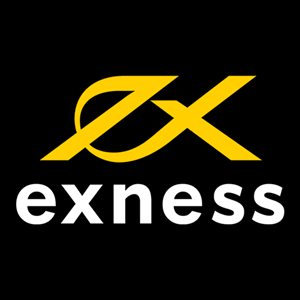 Exness
Exness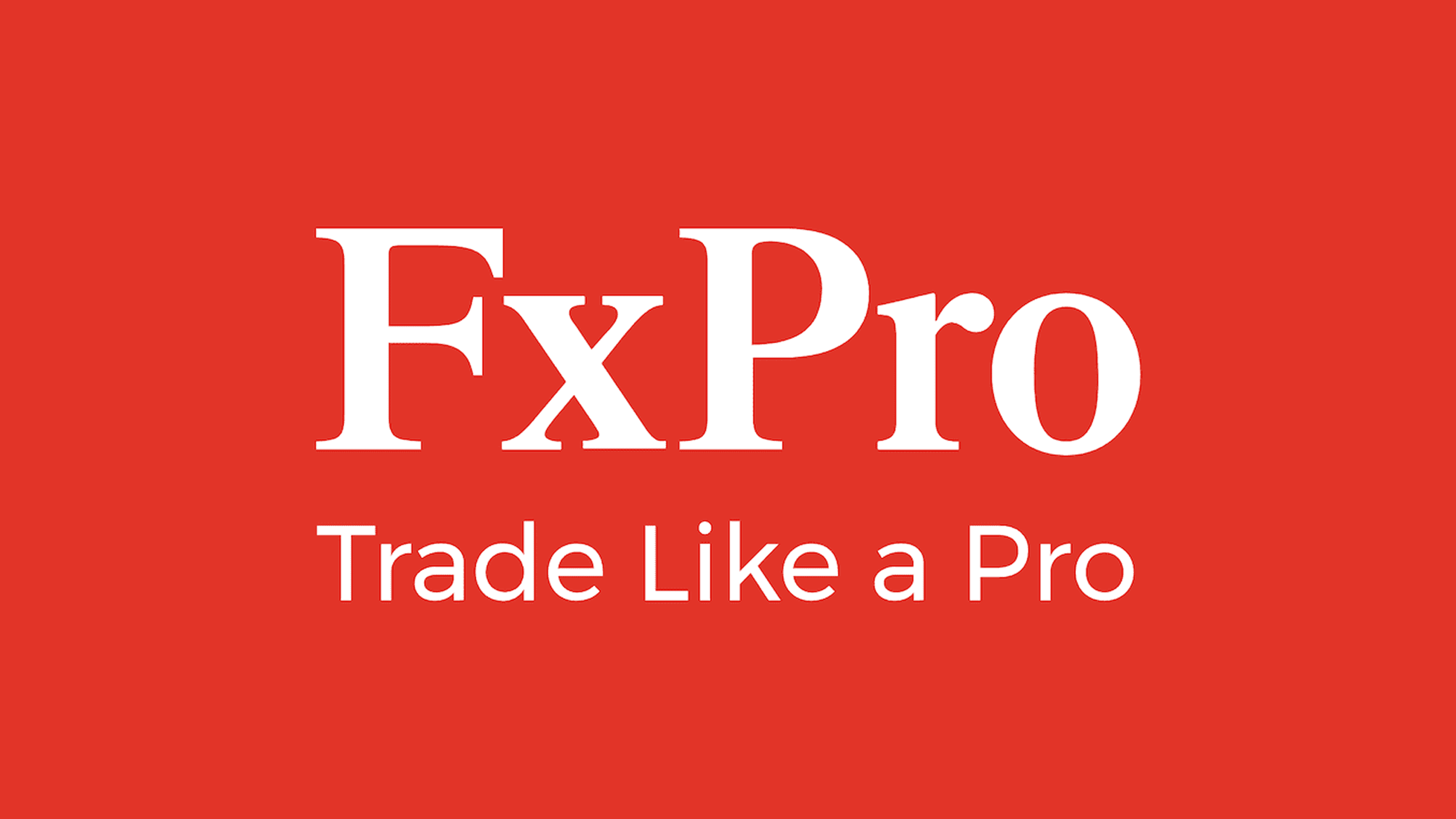 FxPro
FxPro Alfa-Forex
Alfa-Forex Libertex
Libertex FxGlory
FxGlory XM
XM IC Markets
IC Markets Forex.com
Forex.com AXITrader
AXITrader








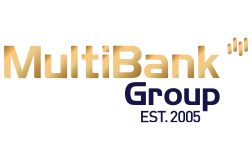
 In 1991 when ASIC was first formed, it came into force under the then ASC Act, and it was only known as the Australian Securities Commission. Later in 1998 however, when the act was amended it was given the mandate to protect customers, creditors, and investors at the federal level. The reason why ASC was formed was so that it could merge corporate regulators in Australia and double up as both the National Companies and Securities Commission and the Corporate Affairs offices of the states and territories. The Australian Securities & Investments Commission (ASIC) ASIC that we speak of today, was inaugurated on July 1st, 1998 after the Wallis Inquiry was conducted. After that, ASIC was responsible for the protection of consumers in superannuation, insurance, and deposit-taking. More recently, the commission has gotten bigger fish to fry for instance credit in the year 2002, In 2009 it took charge of the Stock Exchange in the country. Despite being inaugurated in the 90s, the commission’s presence in the Stock Exchange only came to be felt as recently as 2009. ASIC keeps all records and inventory of businesses with Australian Financial Services Licencing.
In 1991 when ASIC was first formed, it came into force under the then ASC Act, and it was only known as the Australian Securities Commission. Later in 1998 however, when the act was amended it was given the mandate to protect customers, creditors, and investors at the federal level. The reason why ASC was formed was so that it could merge corporate regulators in Australia and double up as both the National Companies and Securities Commission and the Corporate Affairs offices of the states and territories. The Australian Securities & Investments Commission (ASIC) ASIC that we speak of today, was inaugurated on July 1st, 1998 after the Wallis Inquiry was conducted. After that, ASIC was responsible for the protection of consumers in superannuation, insurance, and deposit-taking. More recently, the commission has gotten bigger fish to fry for instance credit in the year 2002, In 2009 it took charge of the Stock Exchange in the country. Despite being inaugurated in the 90s, the commission’s presence in the Stock Exchange only came to be felt as recently as 2009. ASIC keeps all records and inventory of businesses with Australian Financial Services Licencing.
 The ASIC is known for its reputation as a customer-friendly company that is keen on ensuring the best services for all its clients. ASIC tries to gain the trust of consumers, especially among brokers. ASIC is constantly working on creating awareness of the consumers especially individual investors by safeguarding them from the volatile markets. The ASIC is among the few financial regulators worldwide that ensure that its customers are educated in the sphere of finance investment and how to deal in the forex markets. The commission offers advice and online resources, for example, a free financial guidance portal known as the MoneySmart program that informs and keeps investors up to speed with the different ways they can maximize profits. Besides, the commission also offers other services like assistance in reclaiming money lost in inactive accounts, unclaimed insurance funds, or annuities. Safeguarding traders from going insolvent, and scammers, and getting them acquainted with the mode of operations they need to be aware of before proceeding to trade.
The ASIC is keen on making sure that only licensed brokers can operate in their jurisdiction so that if money is lost to insolvent brokers, the commission helps the individual investors to get back their funds and to avoid such occurrences.
The Commission’s policy does not, has a policy that doesn’t tolerate grievances concerning the relations between brokers and their clients, although it acts against both for non-compliance to its rules and regulations. Consequently, if there is any problem, it is advisable that the aggrieved party first contacts the brokering firm about the problem so that the broker can sort it out before forwarding any complaint to ASIC.
This is according to EU laws, which state that if the client fails to resolve the issue with the broker, they can get in touch with a Financial Ombudsman or resort to the alternative.
The ASIC is known for its reputation as a customer-friendly company that is keen on ensuring the best services for all its clients. ASIC tries to gain the trust of consumers, especially among brokers. ASIC is constantly working on creating awareness of the consumers especially individual investors by safeguarding them from the volatile markets. The ASIC is among the few financial regulators worldwide that ensure that its customers are educated in the sphere of finance investment and how to deal in the forex markets. The commission offers advice and online resources, for example, a free financial guidance portal known as the MoneySmart program that informs and keeps investors up to speed with the different ways they can maximize profits. Besides, the commission also offers other services like assistance in reclaiming money lost in inactive accounts, unclaimed insurance funds, or annuities. Safeguarding traders from going insolvent, and scammers, and getting them acquainted with the mode of operations they need to be aware of before proceeding to trade.
The ASIC is keen on making sure that only licensed brokers can operate in their jurisdiction so that if money is lost to insolvent brokers, the commission helps the individual investors to get back their funds and to avoid such occurrences.
The Commission’s policy does not, has a policy that doesn’t tolerate grievances concerning the relations between brokers and their clients, although it acts against both for non-compliance to its rules and regulations. Consequently, if there is any problem, it is advisable that the aggrieved party first contacts the brokering firm about the problem so that the broker can sort it out before forwarding any complaint to ASIC.
This is according to EU laws, which state that if the client fails to resolve the issue with the broker, they can get in touch with a Financial Ombudsman or resort to the alternative.